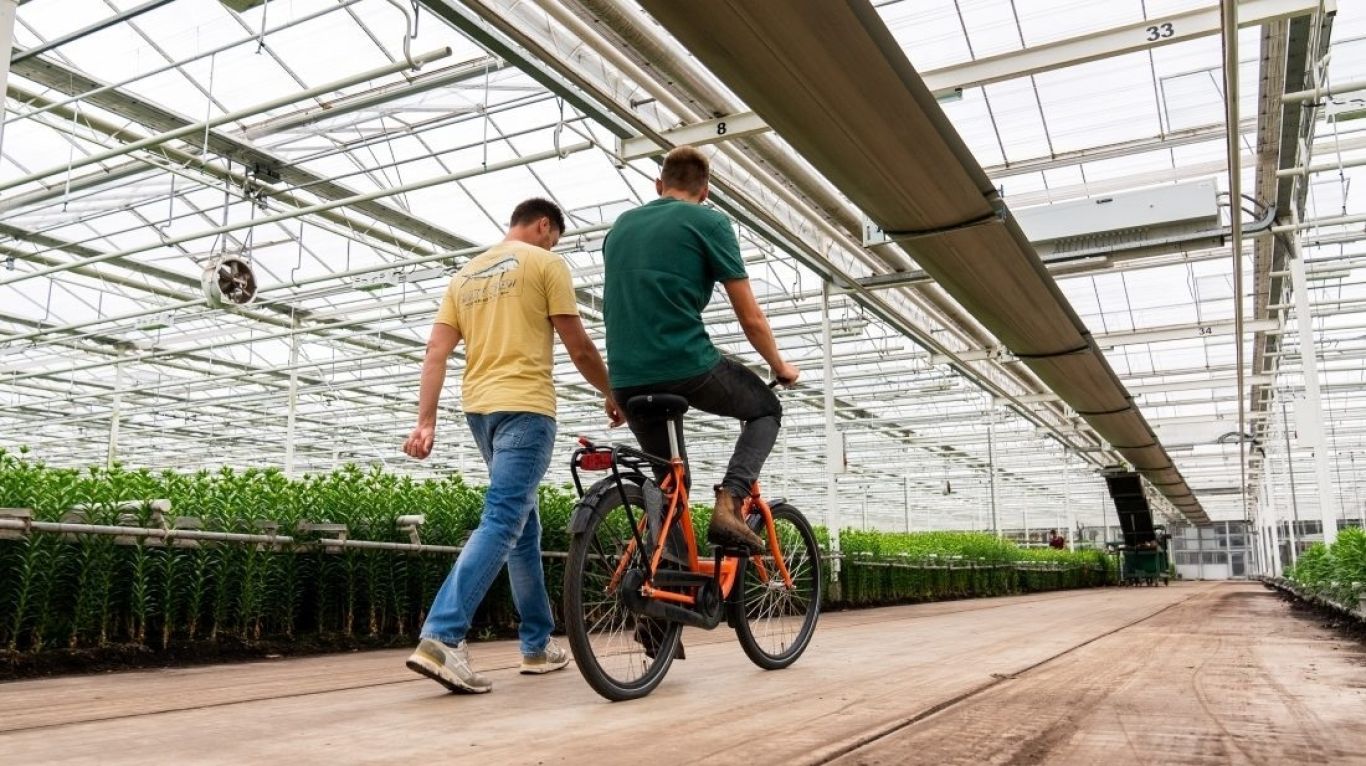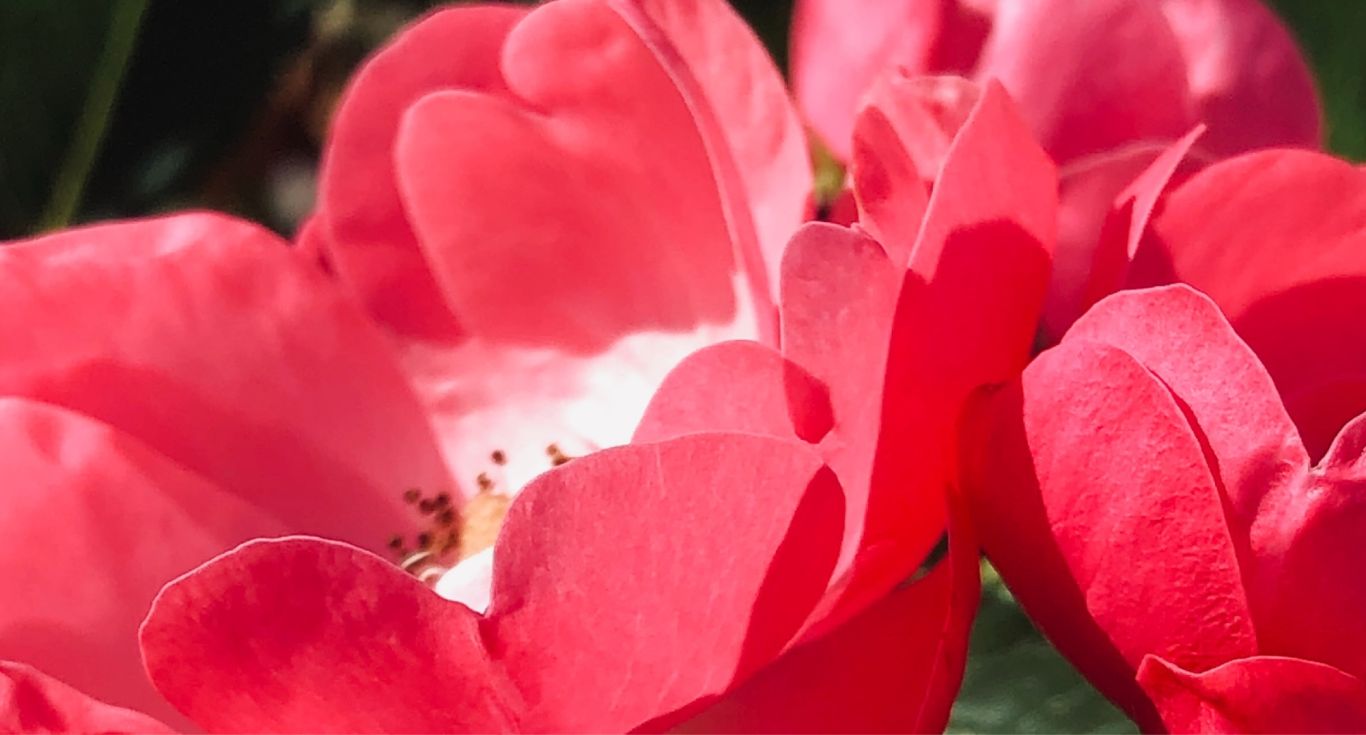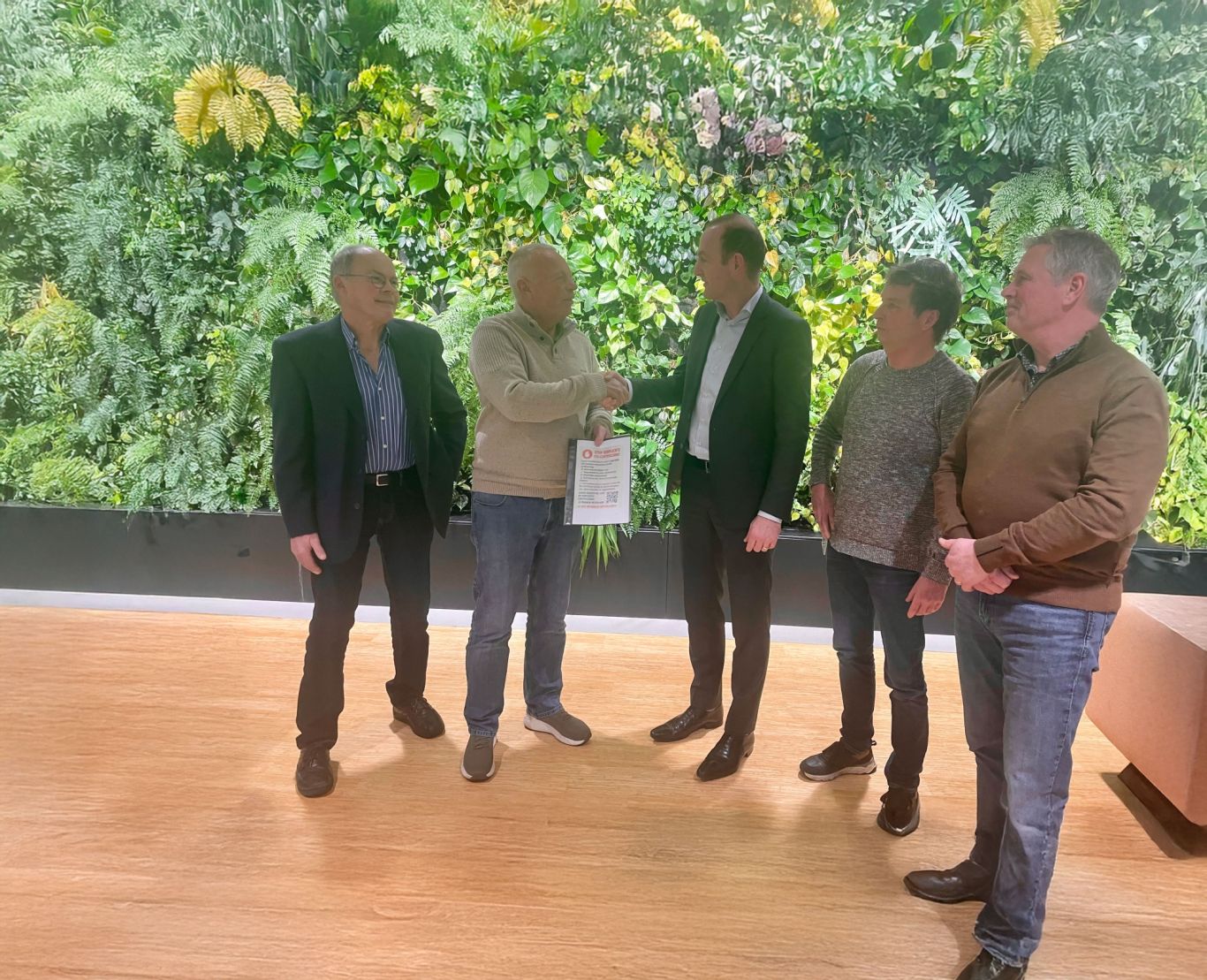
Sustainability Certification
Working in phases towards 100% certification in accordance with FSI requirements is an important step in achieving transparency about sustainability based on responsible cultivation of flowers and plants. Standing strong together as a cooperative, also in the field of sustainability.
What is sustainability certification?
Certification according to the FSI basket consists of three pillars: GAP, Environment and Social. Based on the country in which the nursery is located, it is determined which pillars you must meet as a company and which certificates are required to meet those pillars.
What is FSI (Floriculture Sustainability Initiative)?
Which certification suits my company?
Small-scale grower schema
The small-scale grower certification standard was developed to offer all growers the opportunity to become certified and meet FSI requirements with less administrative burden and at a lower cost. This certification standard is specifically tailored to their business operations. The standard is suitable for small-scale growers with a total annual turnover from floricultural products of less than €250,000, who are active in the 'Global North' (mainly Europe and Israel). Find more information about the small-scale grower certification standard and how to apply here.


The exit scheme explained
The exit scheme aims to exempt growers who intend to cease trading and exempt themselves from the requirement for certification. Growers can use the exit scheme to arrange their deregistration from Royal FloraHolland early. Both members and suppliers can use the exit scheme.


Why is certification important?
- Need for sustainability: Further sustainability measures in floriculture are necessary to keep the world livable for future generations, with growers taking huge steps in areas such as energy and water use, crop protection, packaging, and labor.
- Transparency: Working in phases towards 100% certification according to FSI requirements is an important step in transparency about sustainability based on responsible cultivation of flowers and plants. Standing strong together as a cooperative, also in the field of sustainability.
- Image: necessary for substantiating and maintaining the license to produce: transparency contributes now and in the future to a positive image of the floriculture sector, nationally and internationally. Certification data is necessary to make the steps taken by growers transparent to society and the media. Separating fact from fiction is only possible with substantiation.
- Stricter requirements from buyers/trade: stricter delivery conditions in the field of sustainability, from buyers of flowers and plants, including large retailers such as supermarkets, supply chains of garden centers, florists, and DIY stores.
- Increasing political and social pressure: society, consumers, and politicians are demanding greater transparency. In the Netherlands, for example, many municipalities no longer offer bouquets of flowers for environmental reasons.
Certification - How does it work?
This video provides more information about certification. Among other things, you will find answers to the following questions:
- What is FSI?
- How do you become certified?
- When do you need to be ready?

Usefull links
More information on certification


